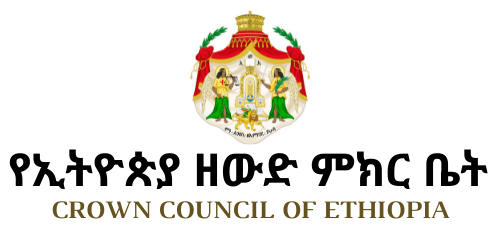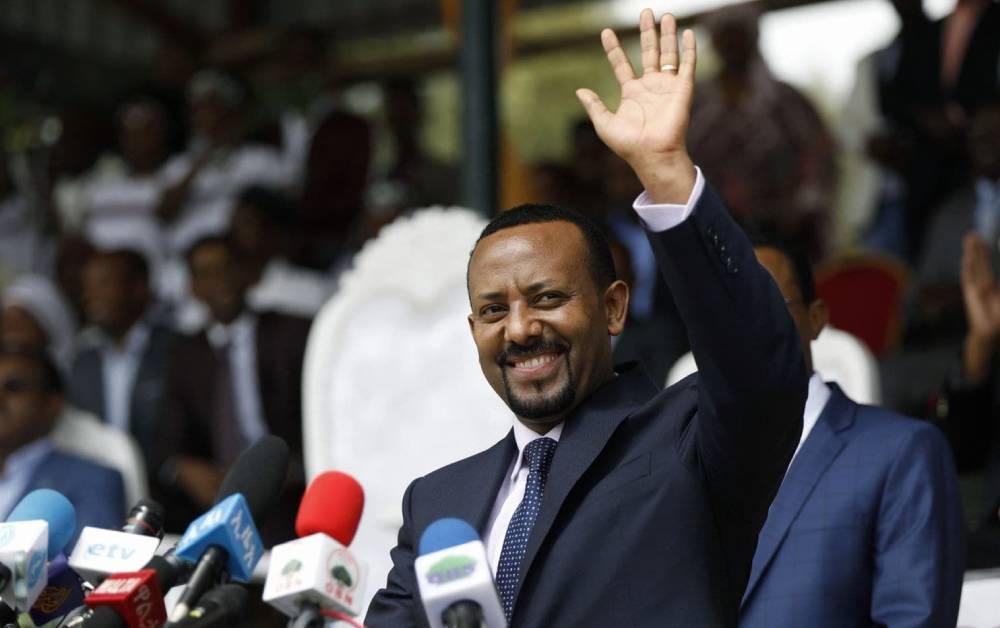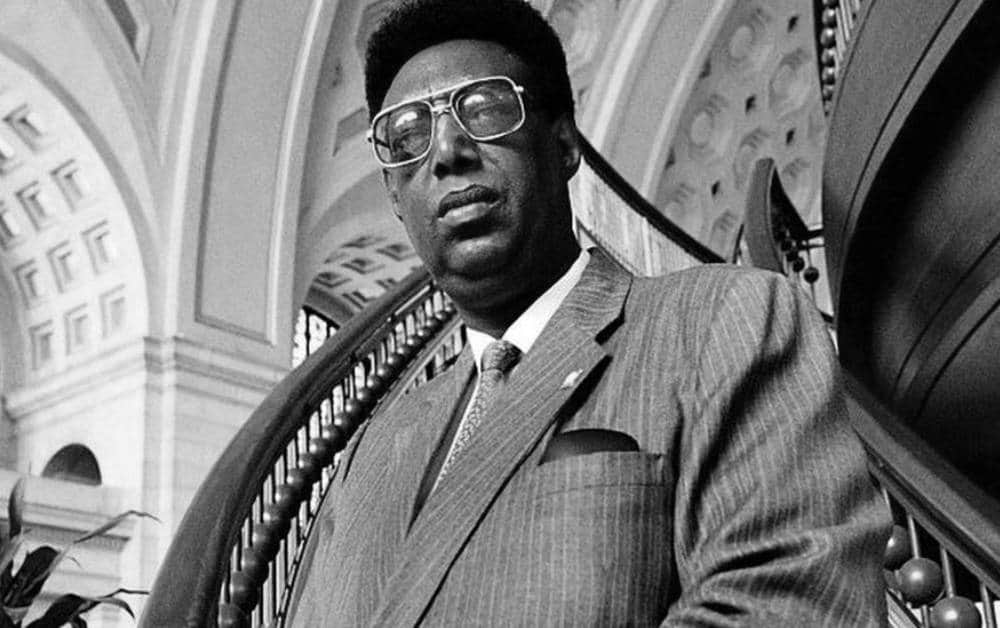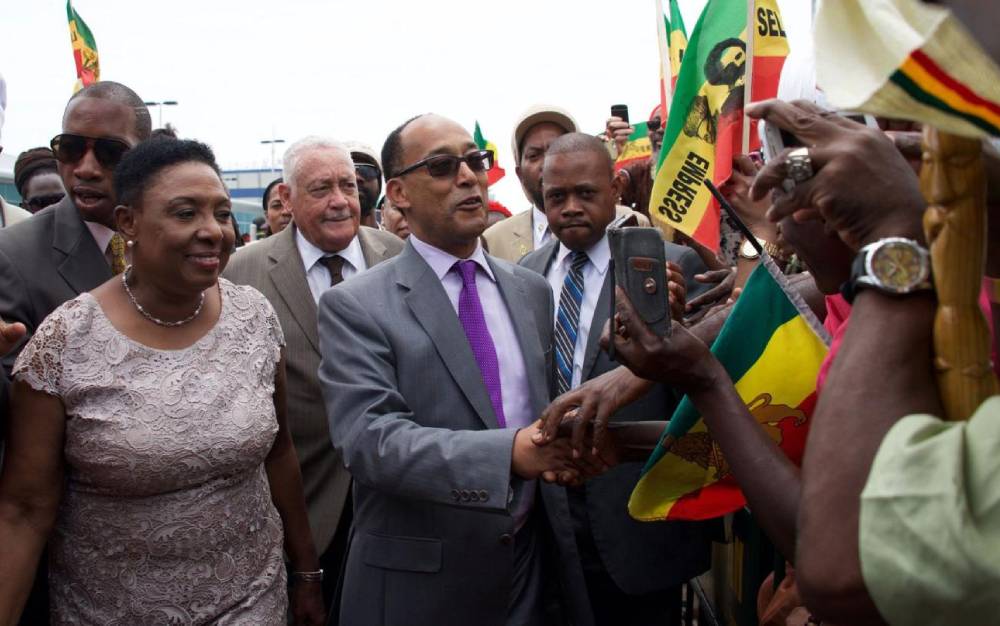The historical bonds between Jamaica and Ethiopia were profoundly strengthened by a Formal — but private — Visit to Jamaica by His Imperial Highness Prince Ermias Sahle-Selassie Haile-Selassie between April 21 and 30, 2016, to commemorate the 50th anniversary of the State Visit to Jamaica by His Imperial Majesty Emperor Haile Selassie I in April 1966.
Prince Ermias, after completing the visit, said that he warmly thanked Prime Minister the Honorable Andrew Holness; Minister of Culture, Gender, Entertainment, and Sport the Hon. Olivia “Babsy” Grange; the Government, the Leader of the Opposition, and the People and media of Jamaica for the overwhelming kindness and hospitality he and HIH Princess Saba Kebede were shown during the visit.
Prince Ermias and Princess Saba were met on arrival by Minister Grange, Minister of Transport and Mining the Hon. Michael Henry, and the Ethiopian Consul to Jamaica. Minister Grange, the Consul, and the Chief of Protocol, Her Excellency Ambassador Elinor (Phillips) Felix of the Jamaican Government, kindly supported the visit throughout. Prince Ermias said that his visit to Jamaica was, like the visit of his late Grandfather, the Emperor, in no way political, but was to strengthen the cultural and human bonds between the two nations.
The Prince thanked the Jamaican People for their unstinting support for the Ethiopian People over the generations, and particularly thanked the Jamaican educators who have volunteered over the years to serve as teachers in Ethiopia. He and Princess Saba visited the Haile Selassie School, in the marginalized and economically challenged St. Andrew area of Kingston, for the annual Founders’ Day celebrations, and was there presented the Keys to the City of Kingston by Mayor Dr Angela Brown Burke. The Emperor had broken the ground for the school during his visit in 1966.
As a gesture in remembrance of the founding of the school, and the continued bonds between Ethiopia and Jamaica which the school represents, His Imperial Highness presented a donation of US$5,000 (Jamaican $600,000) to the school. He said later: “This small gesture was in part thanks for the great donations the Jamaican People have made in financial and human terms to their adopted cousins in Ethiopia. I put my countrymen at home in Ethiopia above all other priorities, and it was because of the unstinting loyalty of the Jamaicans to Ethiopia that we must show thanks and respect.”
Since his return from Jamaica, Prince Ermias was also working toward the provision of a bust or statue of His Imperial Majesty for the Haile Selassie High School, which was graciously being created and bestowed by an Ethiopian sculptor to commemorate the 50th anniversary visit
Education, in fact, was one of the key points of the visit, and Prince Ermias and Princess Saba visited a number of academic institutions, apart from the Haile Selassie High School, including the University of the West Indies and Jamaica College. Former Prime Minister the Hon. Bruce Golding had been Head Boy of Jamaica College in 1966 when the Emperor visited, and met the Emperor. Mr Golding noted: “Your visit at this time is something that we regard very highly, something that we cherish and we welcome you in the same spirit and in the same generosity of heart and the same warmth that we welcomed your grandfather 50 years ago.” Acting Principal of Jamaica College, Mr Rohan Wong, said the institution was honored to host the Prince, in what he described as “a milestone event”.
The visiting couple were greeted by large crowds on arrival at Norman Manley International Airport, and throughout their visit to Jamaica. Prince Ermias said that he was grateful for the enthusiasm shown for the visit by Jamaica’s large Rastafari community which has, over the decades since the Emperor’s visit, shown increasing support for the Ethiopian Orthodox Church.
Prince Ermias noted: “There is no doubt that the veneration shown to His Imperial Majesty by the Rastafari community conflicted with his strict devotion to the Ethiopian Church, and he was anxious that the Rastafari People — as much as he loved them — should come together with our Holy Mother Church. The Emperor would, I believe, have been proud to have seen the progress of the Rastafari People of Jamaica today, and the fact that they have honored him by their respect for the Ethiopian Church.”
He also noted how much he had learned from his visit to the Maroon community of Jamaica.













